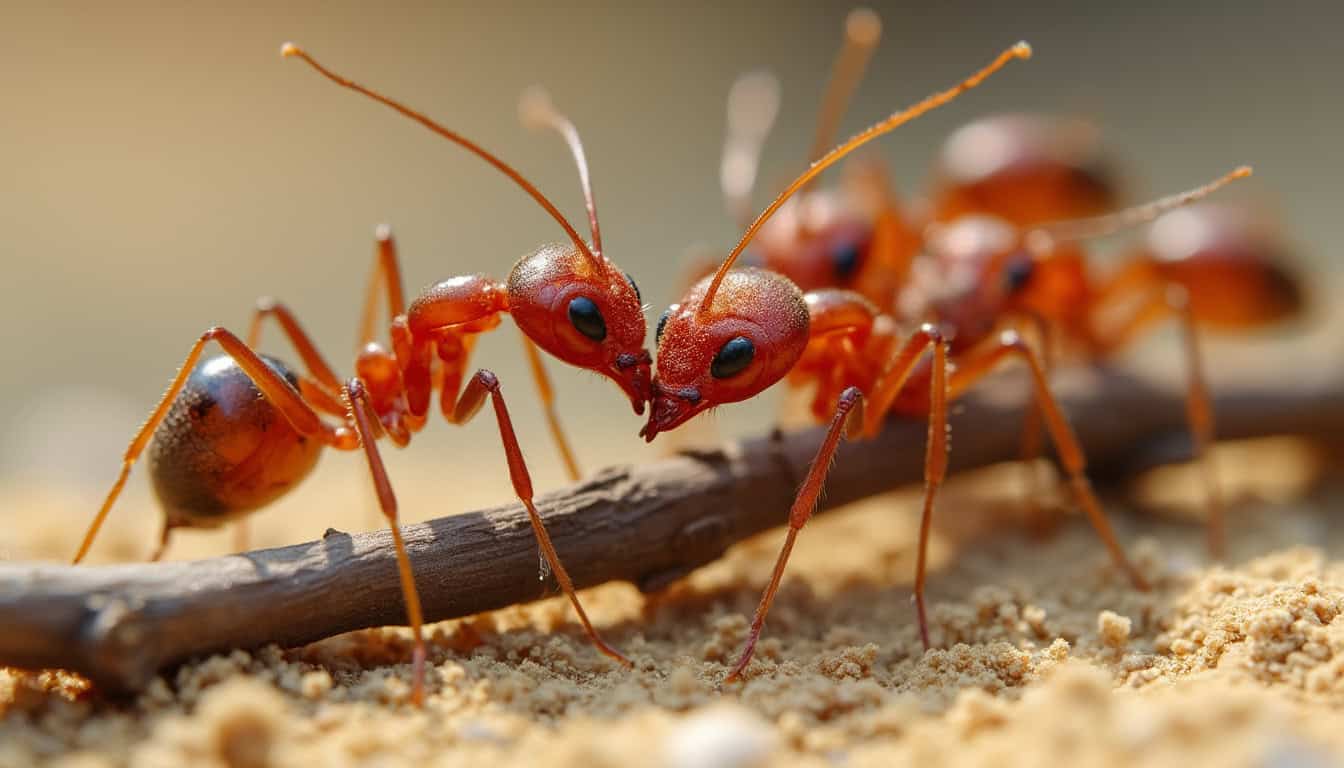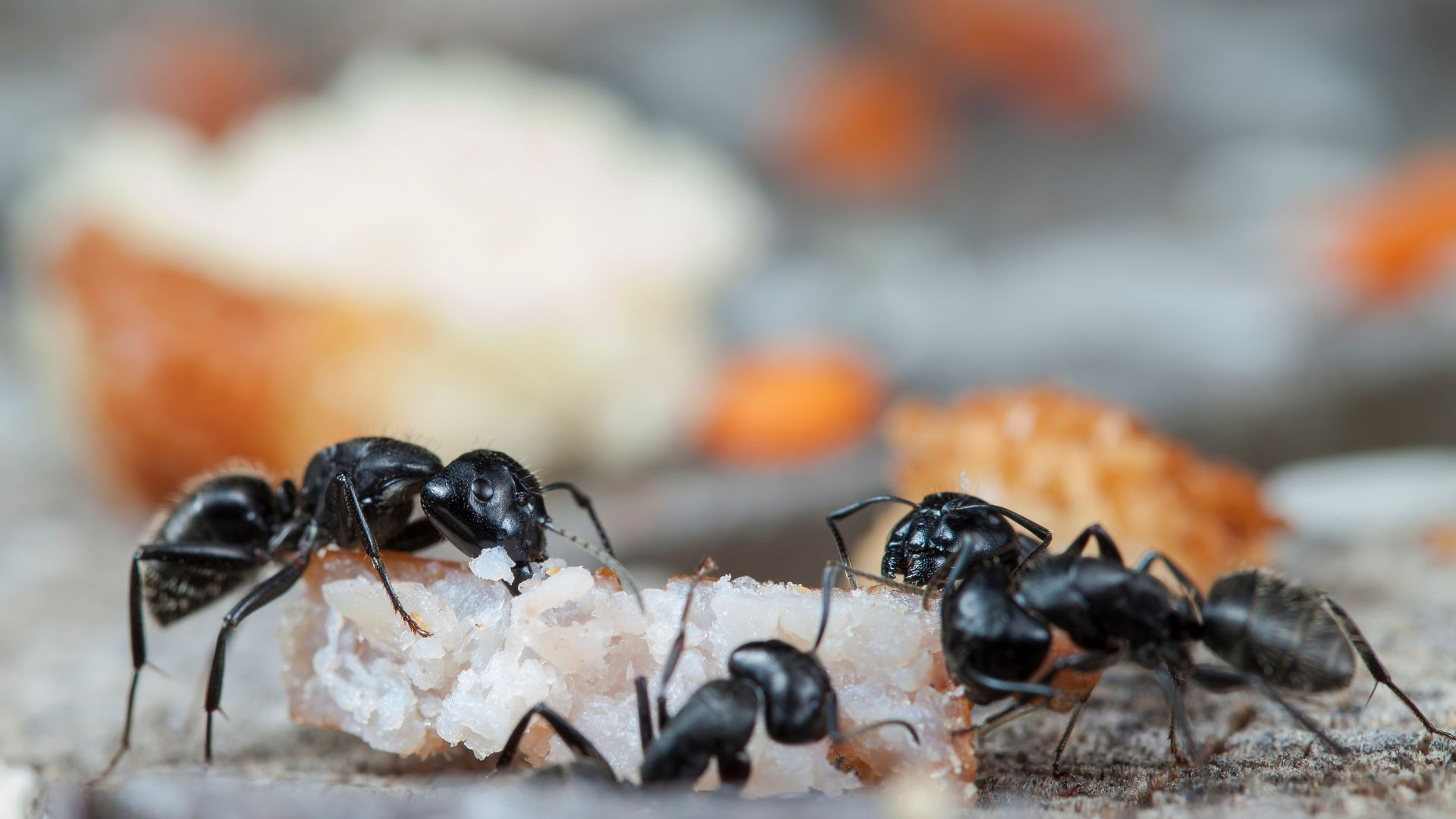Premier Termite Control Services: Make Certain Long-Term Defense for Your Building
Wiki Article
Ecological Influence of Insect Control: Harmonizing Performance With Sustainability
The environmental effect of pest control is an important concern that requires a delicate balance in between achieving efficiency in making sure and managing bugs sustainability of our ecosystems. From the use of damaging chemicals that leak right into our soil and water to the unexpected repercussions on non-target varieties, the effects of standard insect control techniques are far-ranging.Harmful Chemicals in Pest Control
The utilization of hazardous chemicals in pest control positions considerable environmental and health and wellness risks that require careful consideration and mitigation methods. Insecticides, chemicals, and herbicides are frequently made use of to get rid of parasites, yet their prevalent application can bring about unintended consequences. These chemicals can infect dirt, water sources, and the air, affecting not just the targeted insects but also advantageous pests, wild animals, and humans.
To address these risks, integrated parasite management (IPM) strategies are being advertised as an extra sustainable choice. IPM includes a combination of techniques such as biological control, environment manipulation, and the targeted usage of pesticides as a last option (ant control wesley chapel nc). By adopting an all natural approach to pest control, we can reduce the environmental and wellness influences connected with dangerous chemicals while effectively taking care of pest populaces
Influence On Non-Target Variety
Thinking about the unintentional effects of parasite control techniques, the influence on non-target varieties is an important aspect that calls for complete examination. While pest control actions aim to target details bugs, other organisms in the ecosystem might be inadvertently impacted. Non-target species, including useful insects, birds, creatures, and even plants, can suffer straight or indirect injury from chemical applications or organic control techniques.Chemicals can have lethal or sub-lethal results on non-target varieties. Insecticides created to fight a certain insect pest may harm pollinators like or all-natural killers such as ladybugs. Additionally, chemical deposits can gather in the environment, impacting non-target microorganisms over time. Organic control agents, if not species-specific, can position dangers to unexpected targets, interrupting the ecological equilibrium.
To mitigate the effect on non-target species, integrated insect administration (IPM) methods that stress an alternative technique to pest control are advised. These approaches focus on making use of eco-friendly methods, lessening damage to beneficial microorganisms while properly managing pest populaces. Performing thorough threat analyses and checking the end results of insect control initiatives are essential actions in safeguarding non-target varieties and advertising total ecological community health.
Soil and Water Contamination
Unplanned environmental effects of pest control techniques expand past impacting non-target species, with substantial implications for soil and water contamination - ant control services. Chemicals, herbicides, and chemical plant foods used in insect control can leach right into the Read Full Article soil and contaminate groundwater, posturing a threat to both terrestrial and water ecological communities.Water contamination is another important problem associated with insect control methods. Overflow from farming areas treated with chemicals can lug these chemicals right into nearby water bodies, affecting water microorganisms and water quality. Impurities in water sources can have significant repercussions, affecting not just water life however additionally human wellness through the consumption of contaminated water or aquatic organisms. To minimize soil and water contamination from bug control tasks, integrated pest monitoring approaches that focus on sustainability and decrease chemical inputs are important.
Air Contamination From Pesticide Use
Direct exposure to air-borne pesticides throughout farming applications positions a significant concern for air contamination control steps. They can volatilize into the air and form unpredictable organic substances (VOCs) and other air-borne contaminants when pesticides are splashed onto crops - ant control. These chemicals can add to the formation of ground-level ozone, a significant part of smoke that can have destructive results on human health and wellness, plant efficiency, and general air quality. Furthermore, pesticide drift, where chemicals are carried by the wind to unintended locations, can lead to the contamination of close-by environments and water bodies.
Methods for Sustainable Insect Control
In the world of farming practices, executing lasting bug control techniques is extremely important for maintaining ecological equilibrium and safeguarding crop returns. Lasting insect control stresses making use of eco-friendly techniques to take care of pest populaces efficiently while reducing damage to non-target organisms and ecosystems. Integrated Pest Management (IPM) is a widely adopted method that integrates biological, social, physical, and chemical control techniques to accomplish long-lasting parasite monitoring options.Crop rotation and diversity are also efficient techniques to disrupt pest life cycles and develop much less beneficial problems for parasites to flourish. Inevitably, by incorporating these lasting insect control techniques, farmers can achieve an equilibrium between pest monitoring performance and environmental stewardship.
Verdict
Finally, the environmental effect of bug control techniques should be thoroughly considered to stabilize performance with sustainability. Unsafe chemicals made use of in bug control can bring about soil and water contamination, air contamination, and damage non-target types - termite control. It is important to carry out lasting parasite control techniques to lessen these unfavorable effects on the setting and promote a healthier community for future generationsBy embracing an alternative method to pest control, we can reduce the ecological and health and wellness effects linked with damaging chemicals while efficiently taking care of pest populations.

To reduce the air contamination triggered by pesticide use, it is necessary to take on incorporated parasite administration methods that prioritize the usage of non-chemical insect control methods, such as crop turning, natural predators, and immune crop varieties. Sustainable bug control stresses the use of ecologically pleasant methods to take care of bug populaces efficiently while decreasing damage to non-target microorganisms and ecological communities. Integrated Bug Monitoring (IPM) is a widely embraced technique that incorporates biological, cultural, physical, and chemical control methods to attain lasting pest management solutions.
Report this wiki page